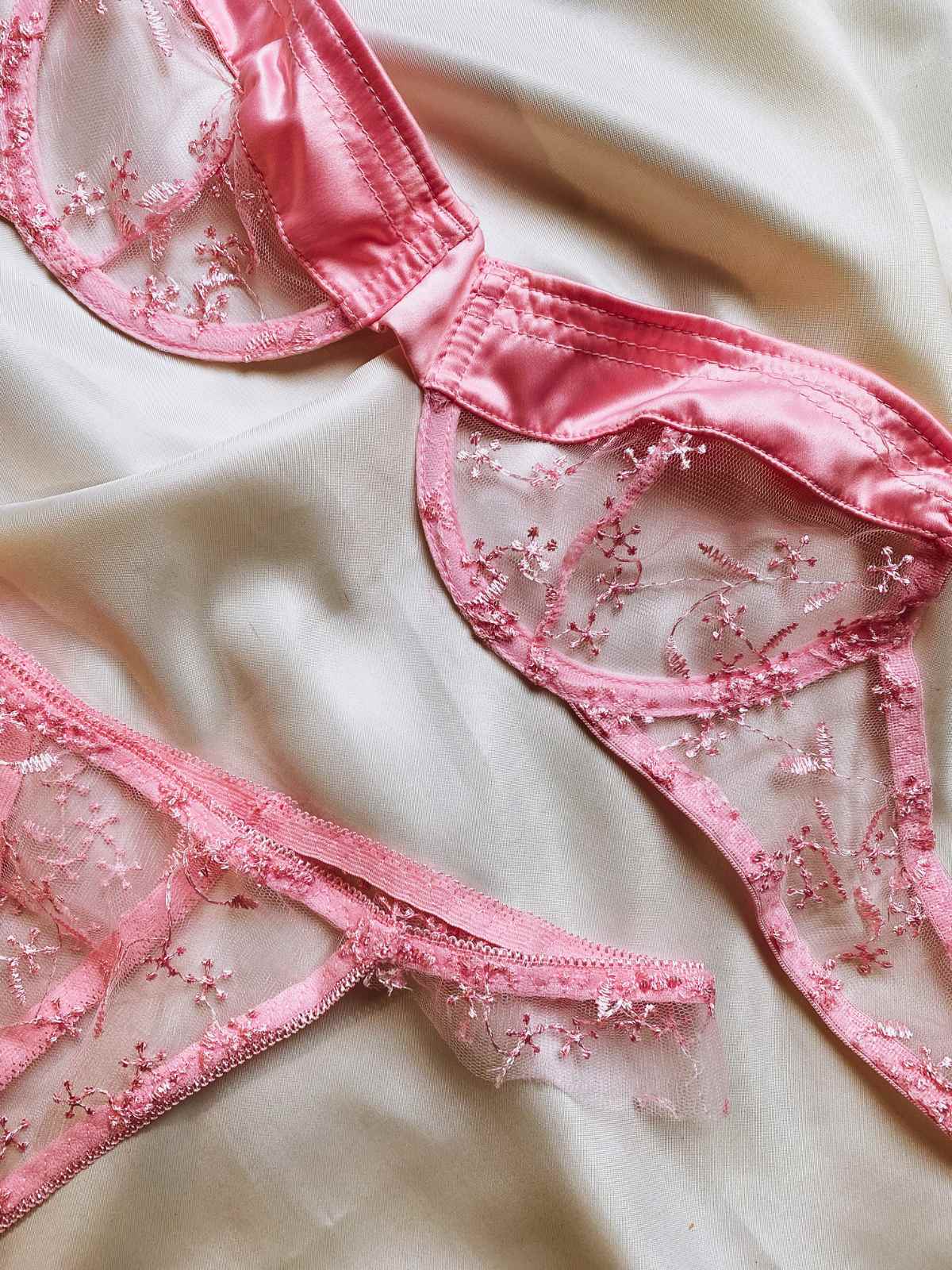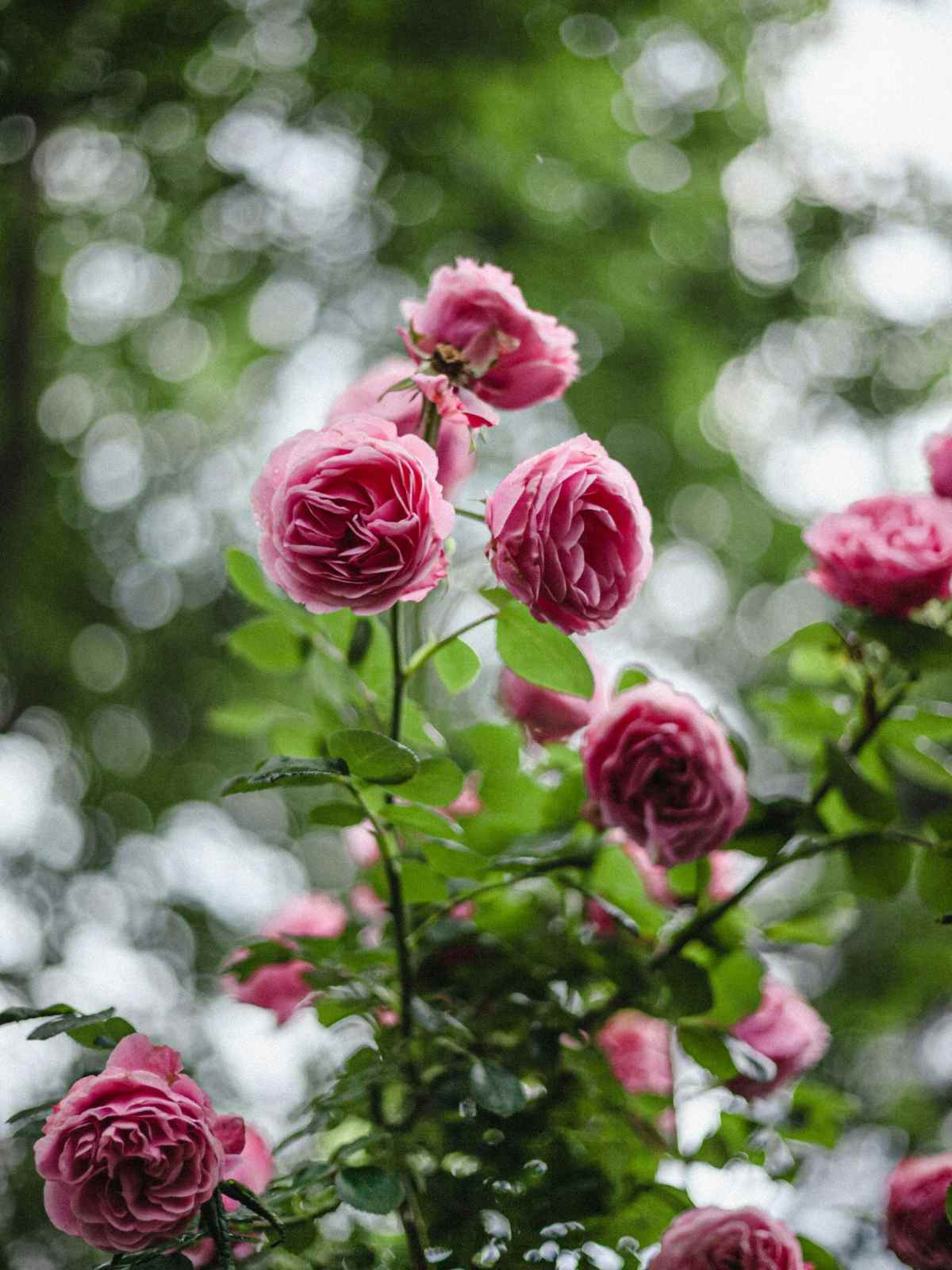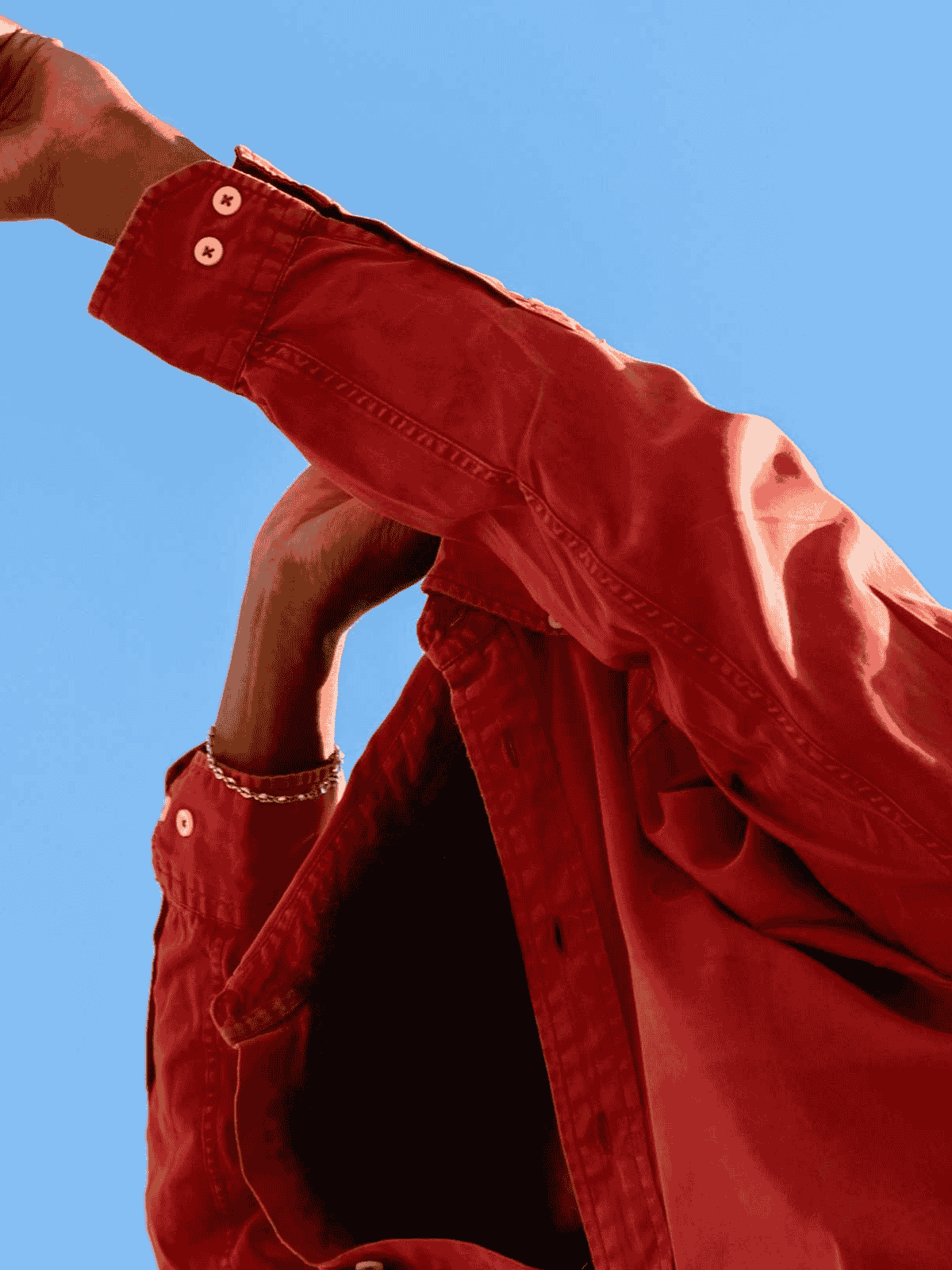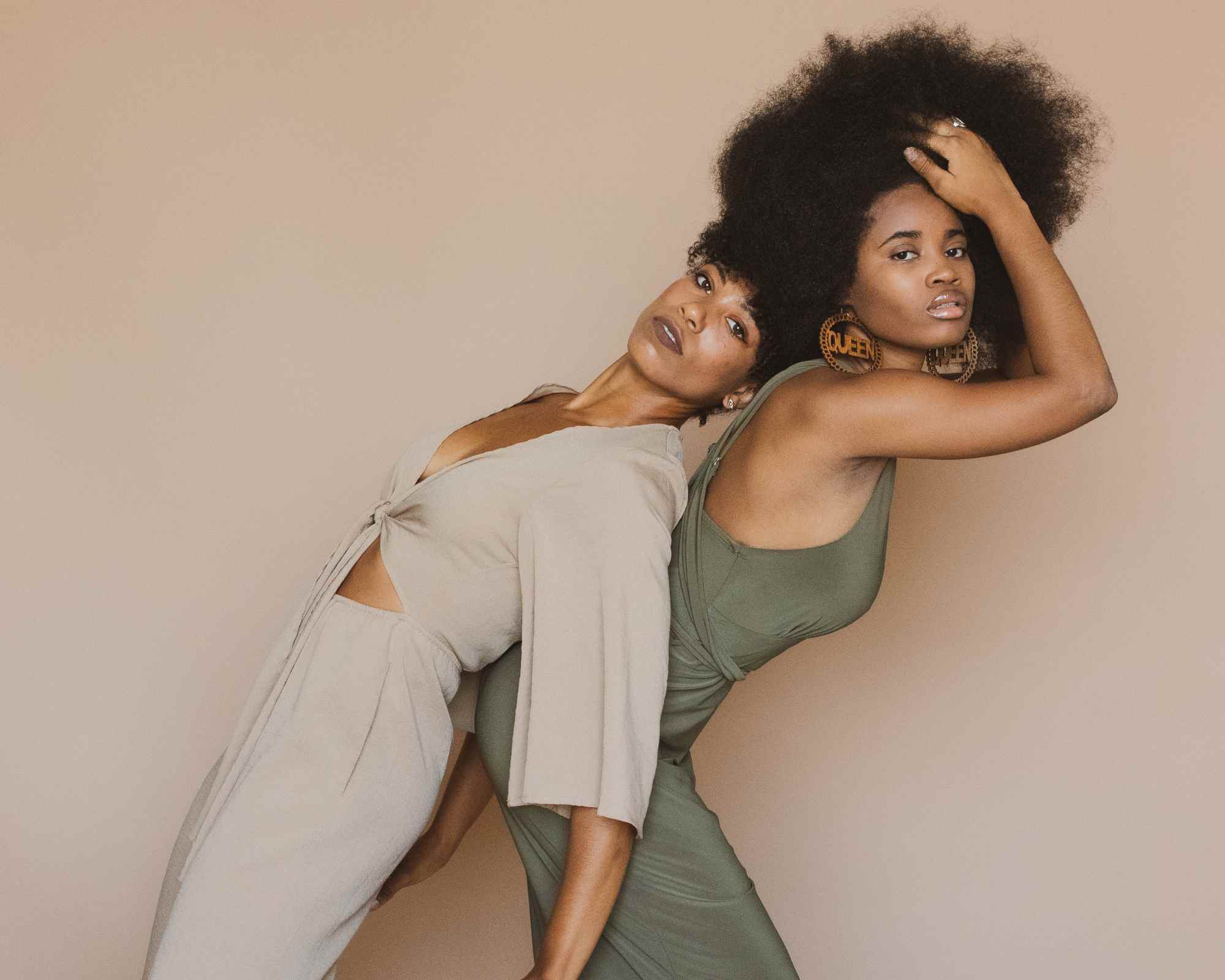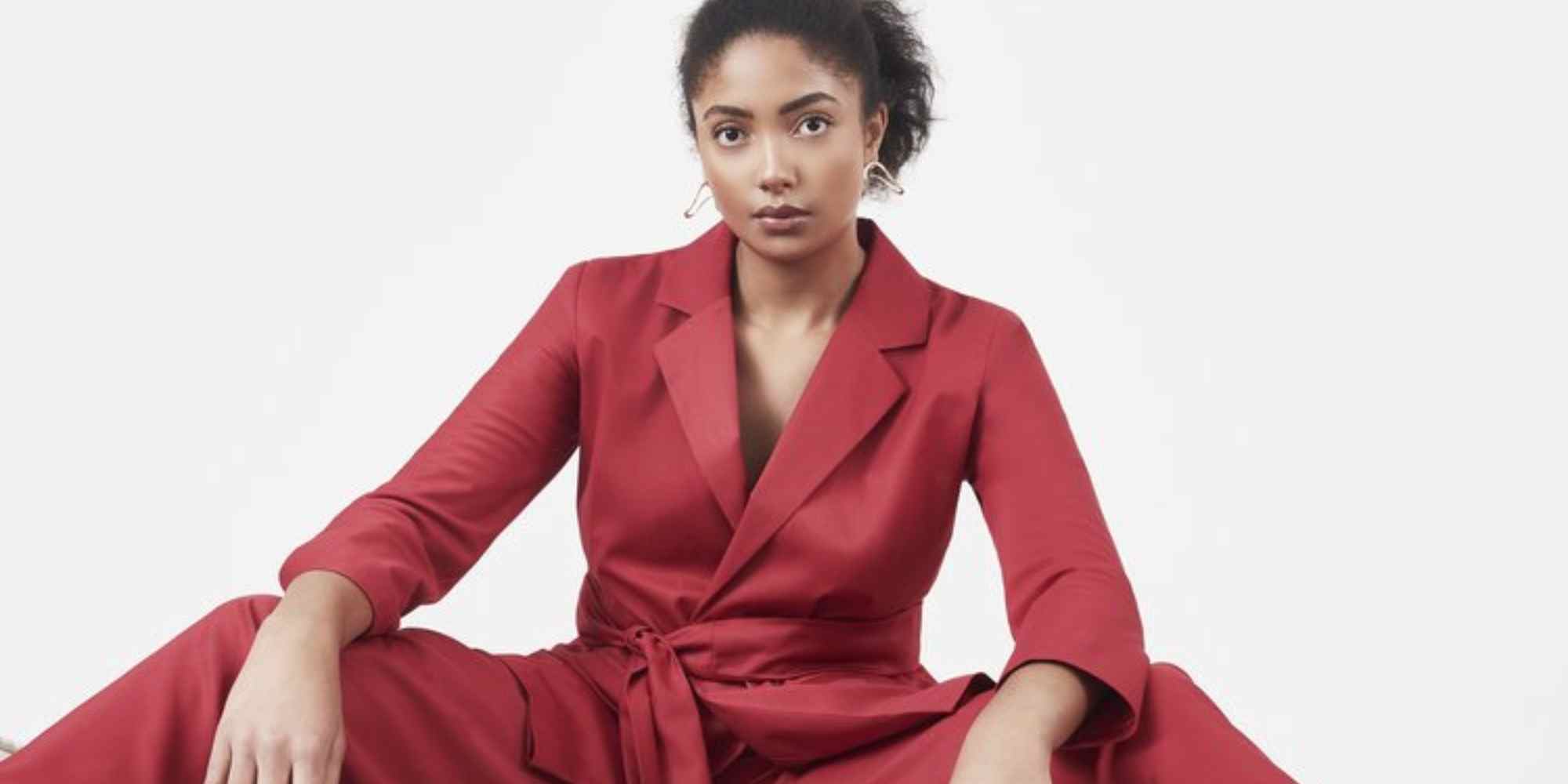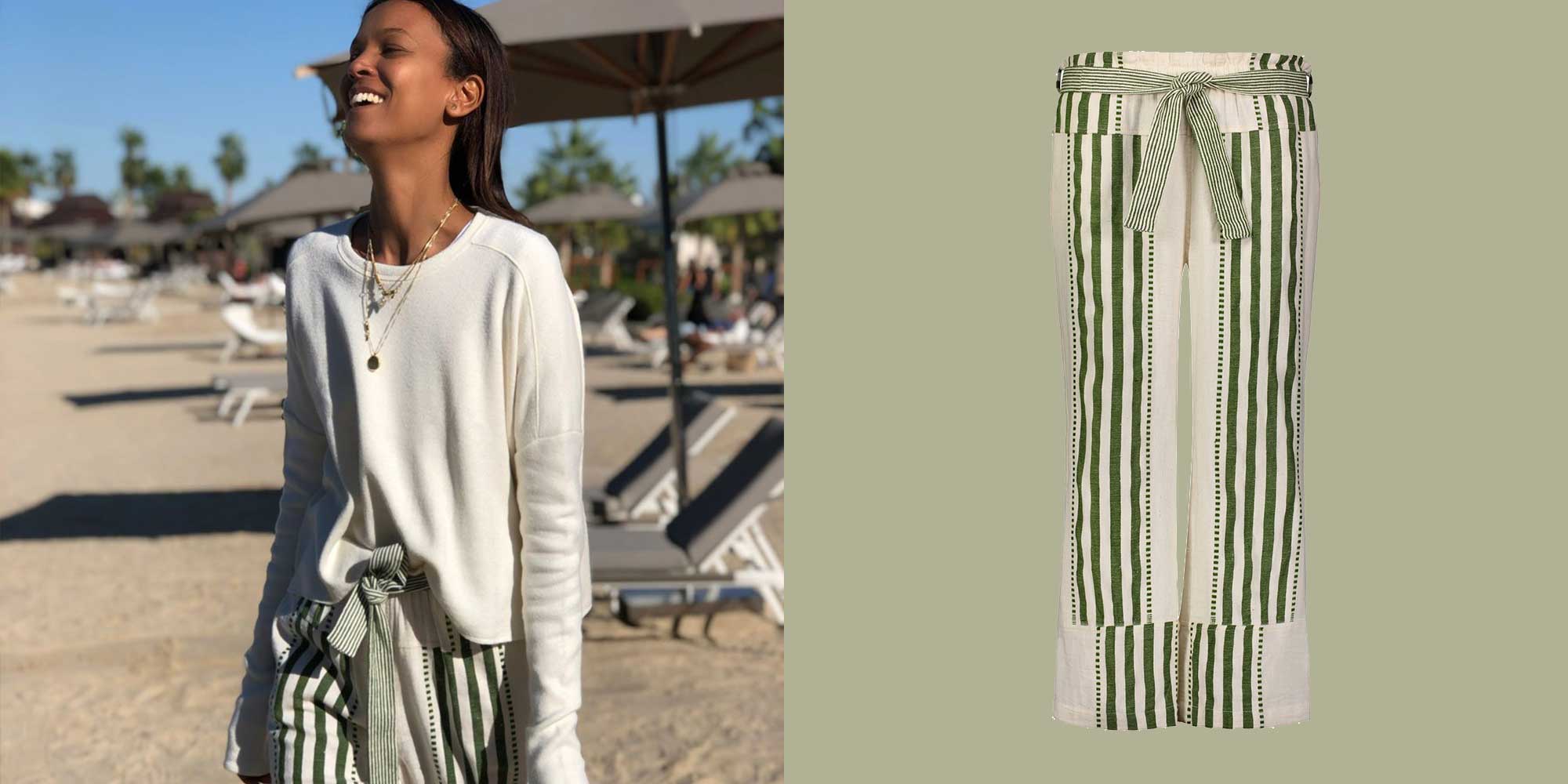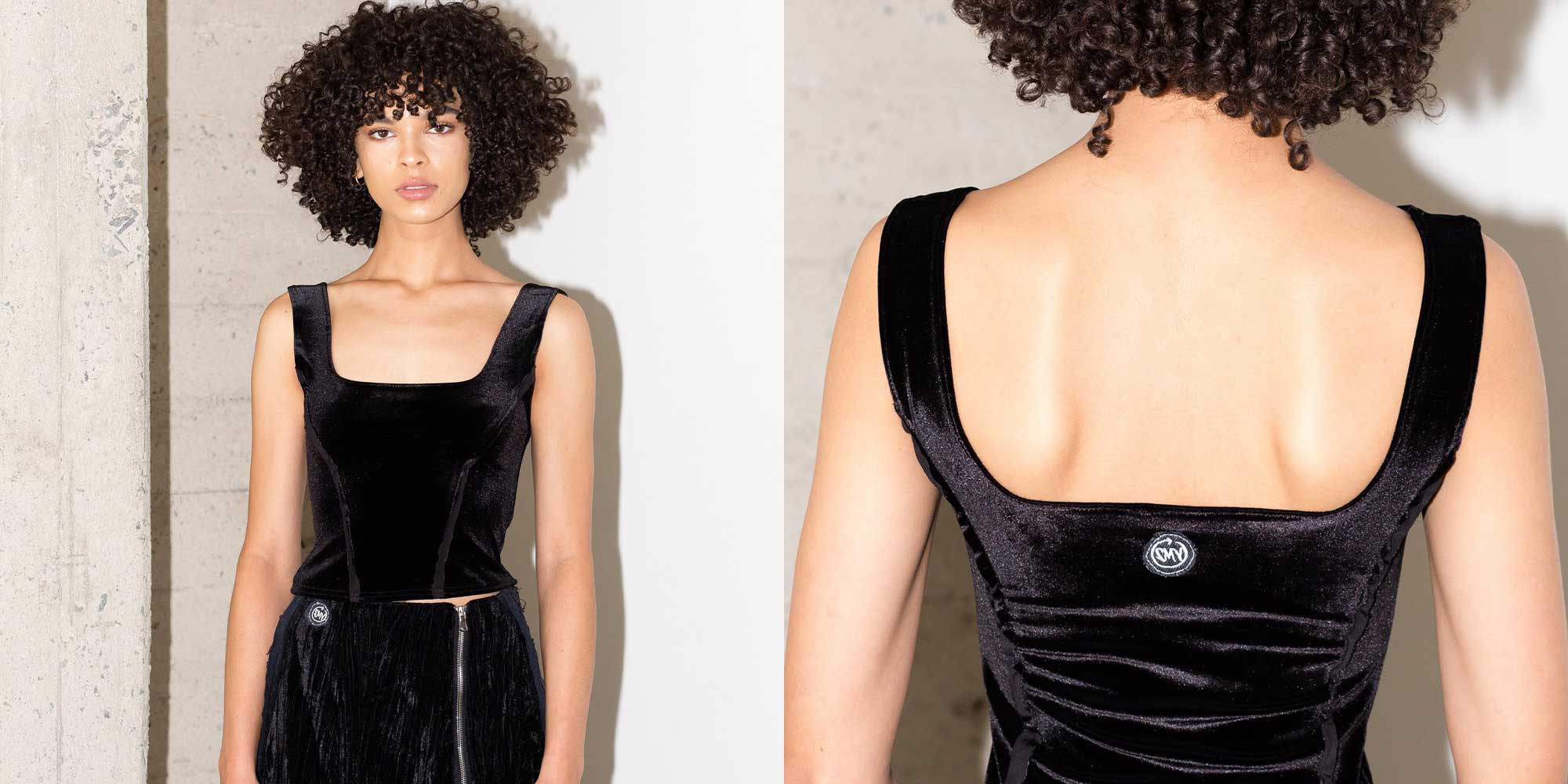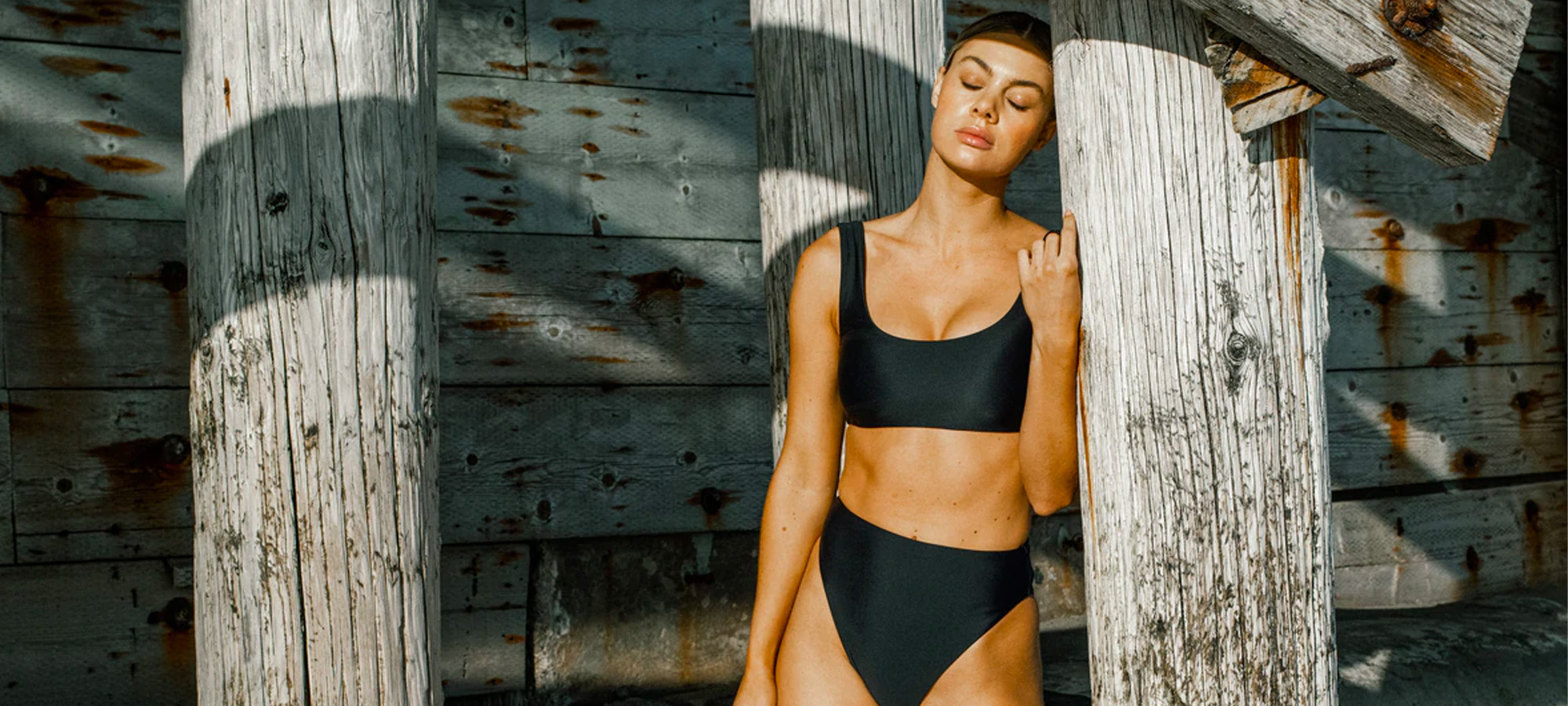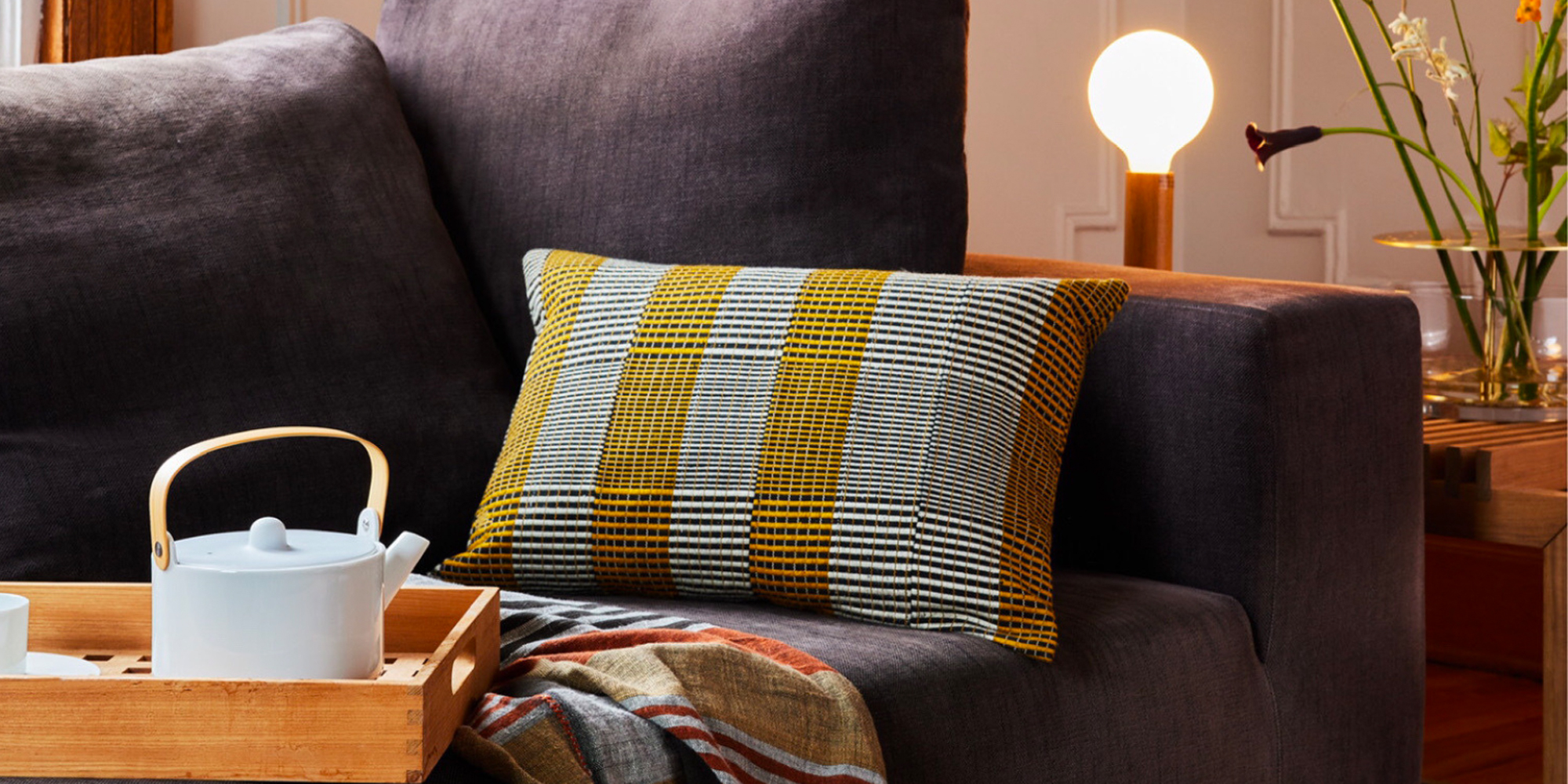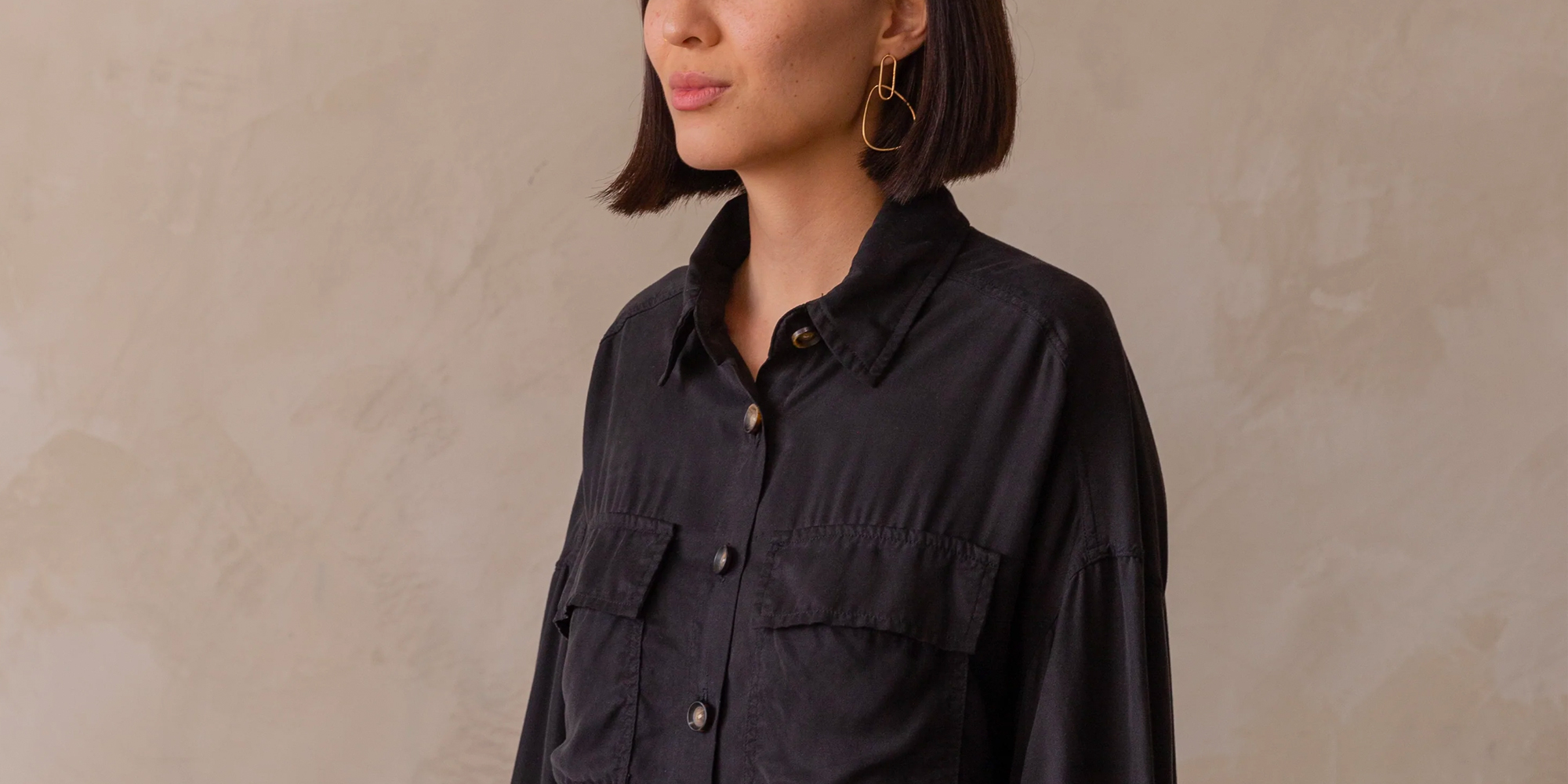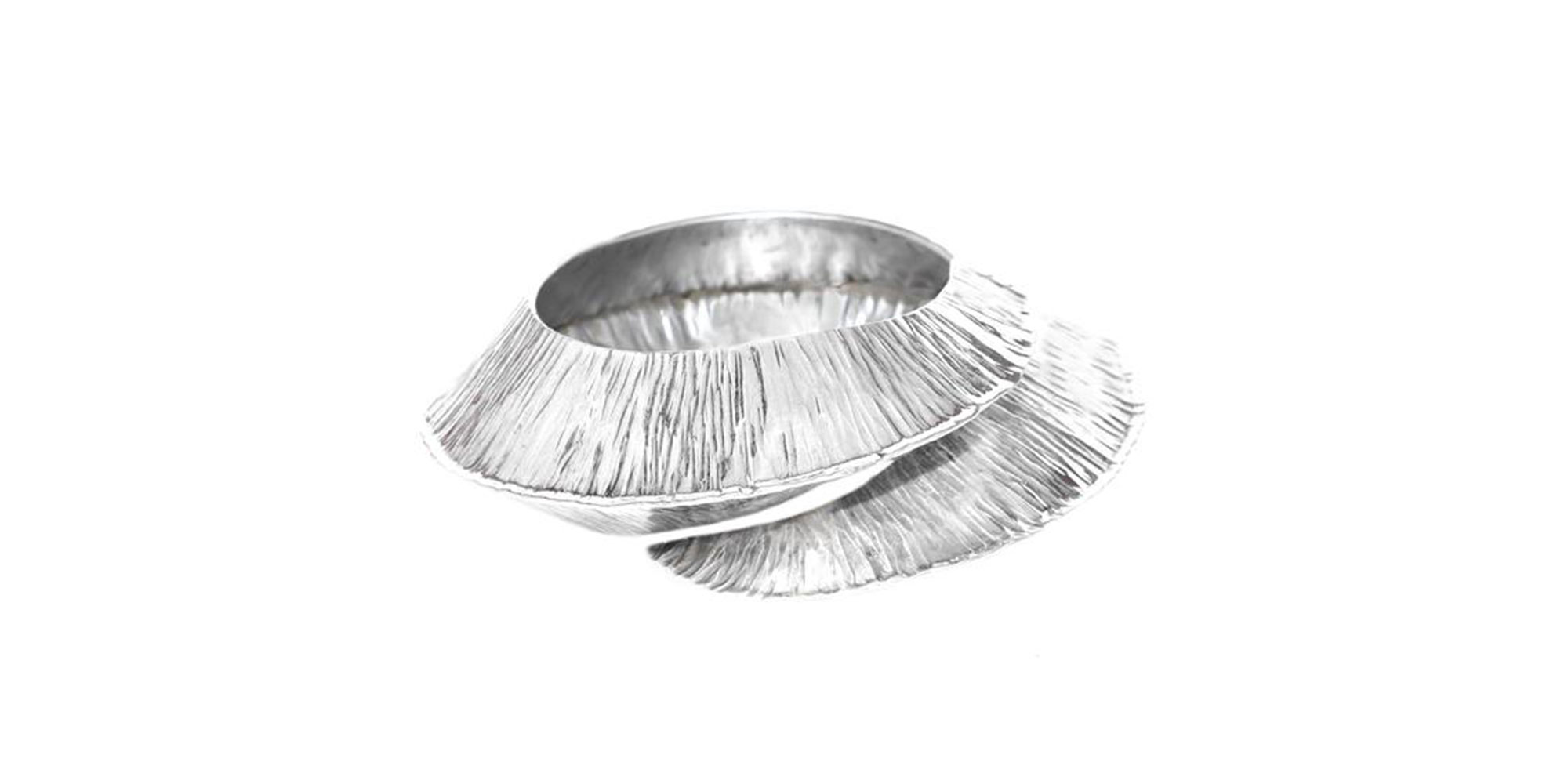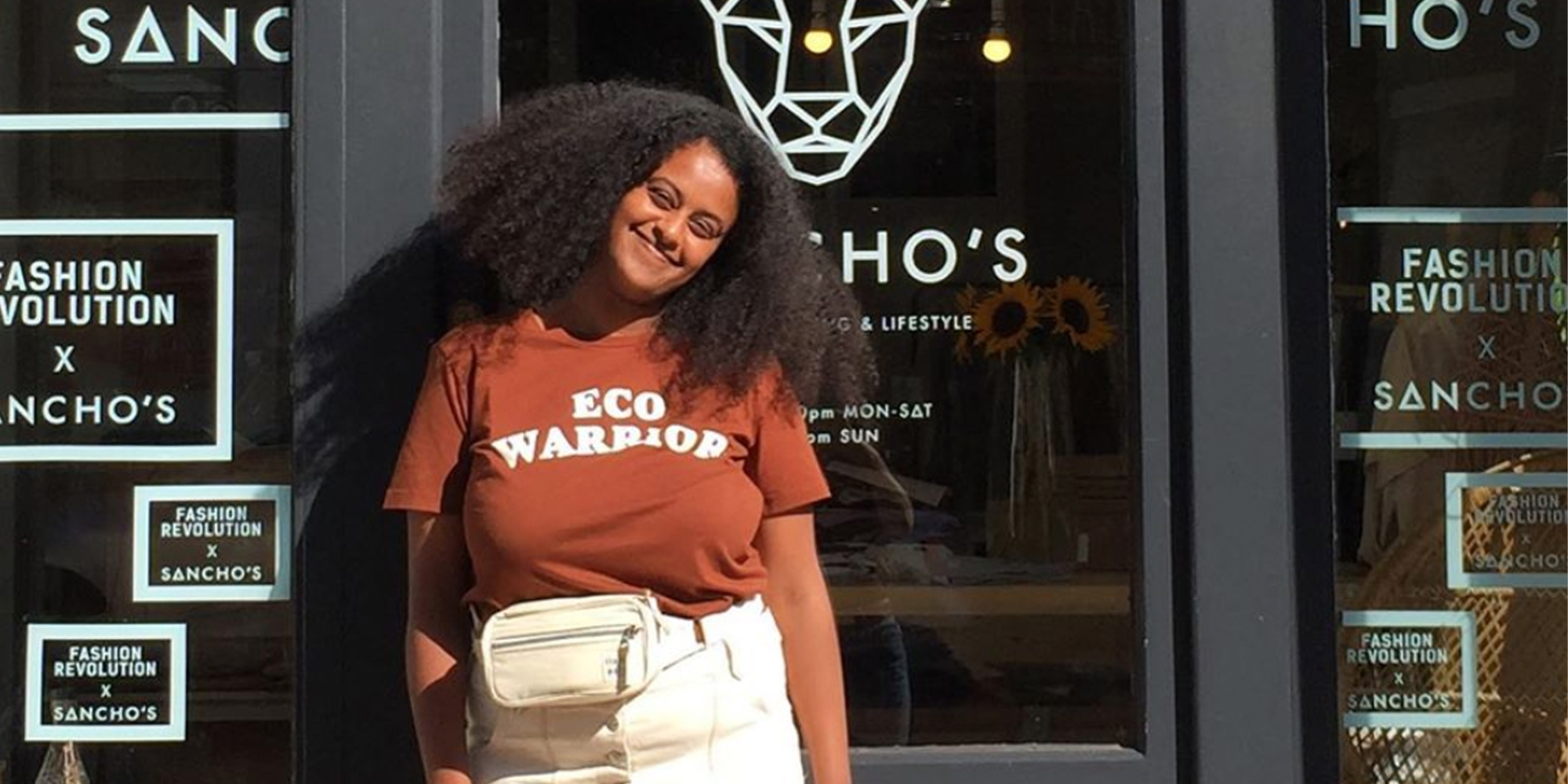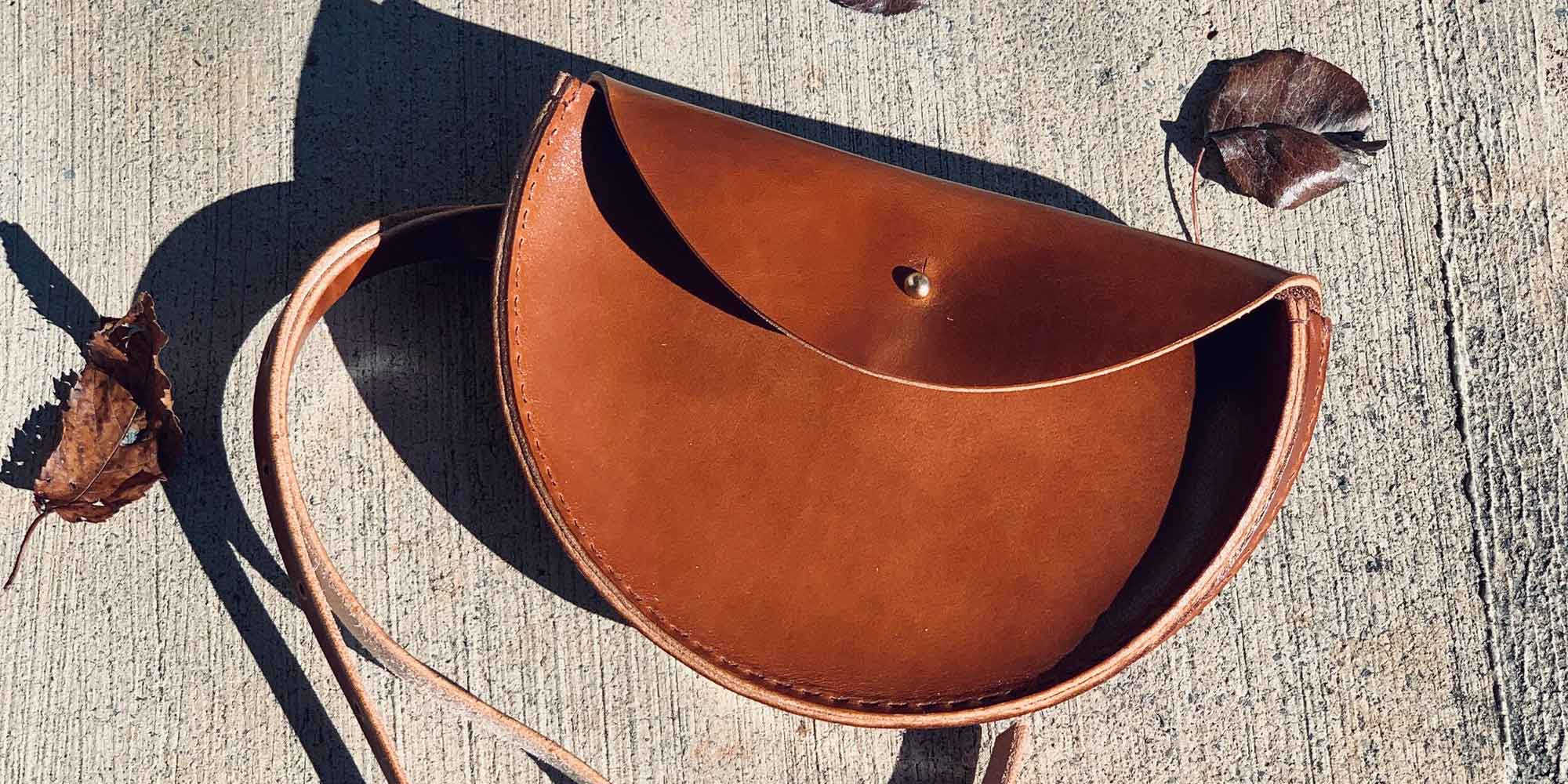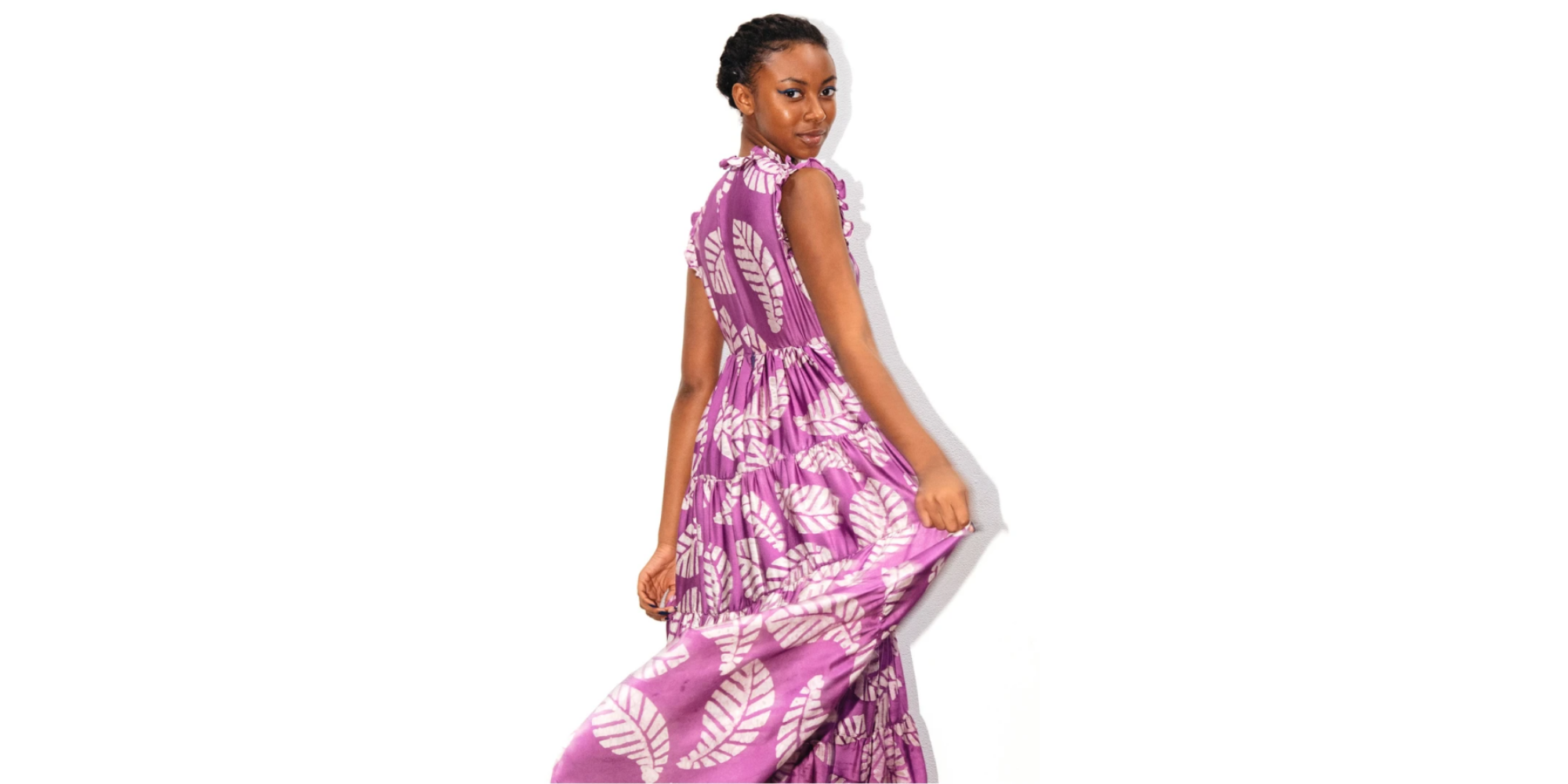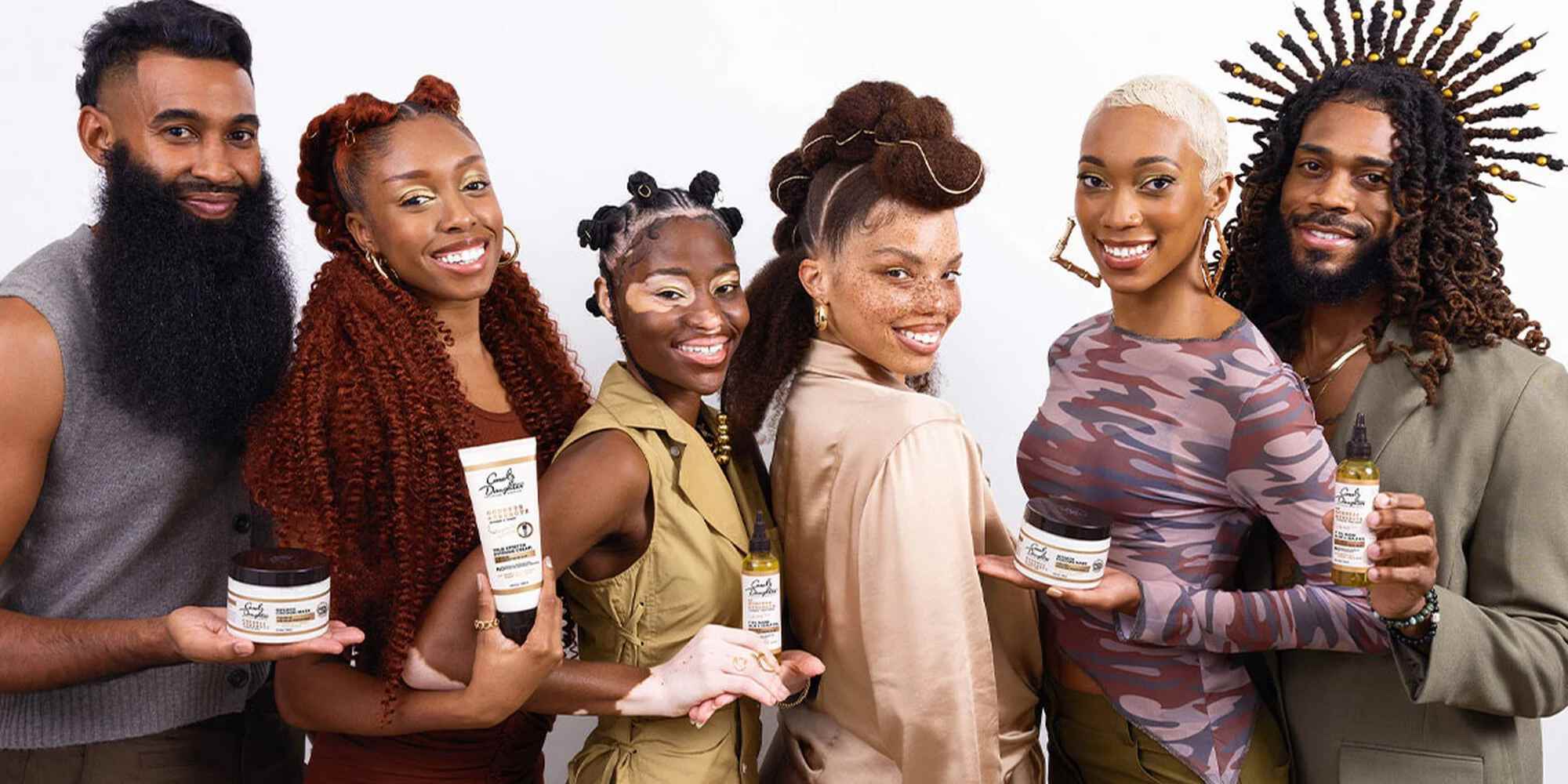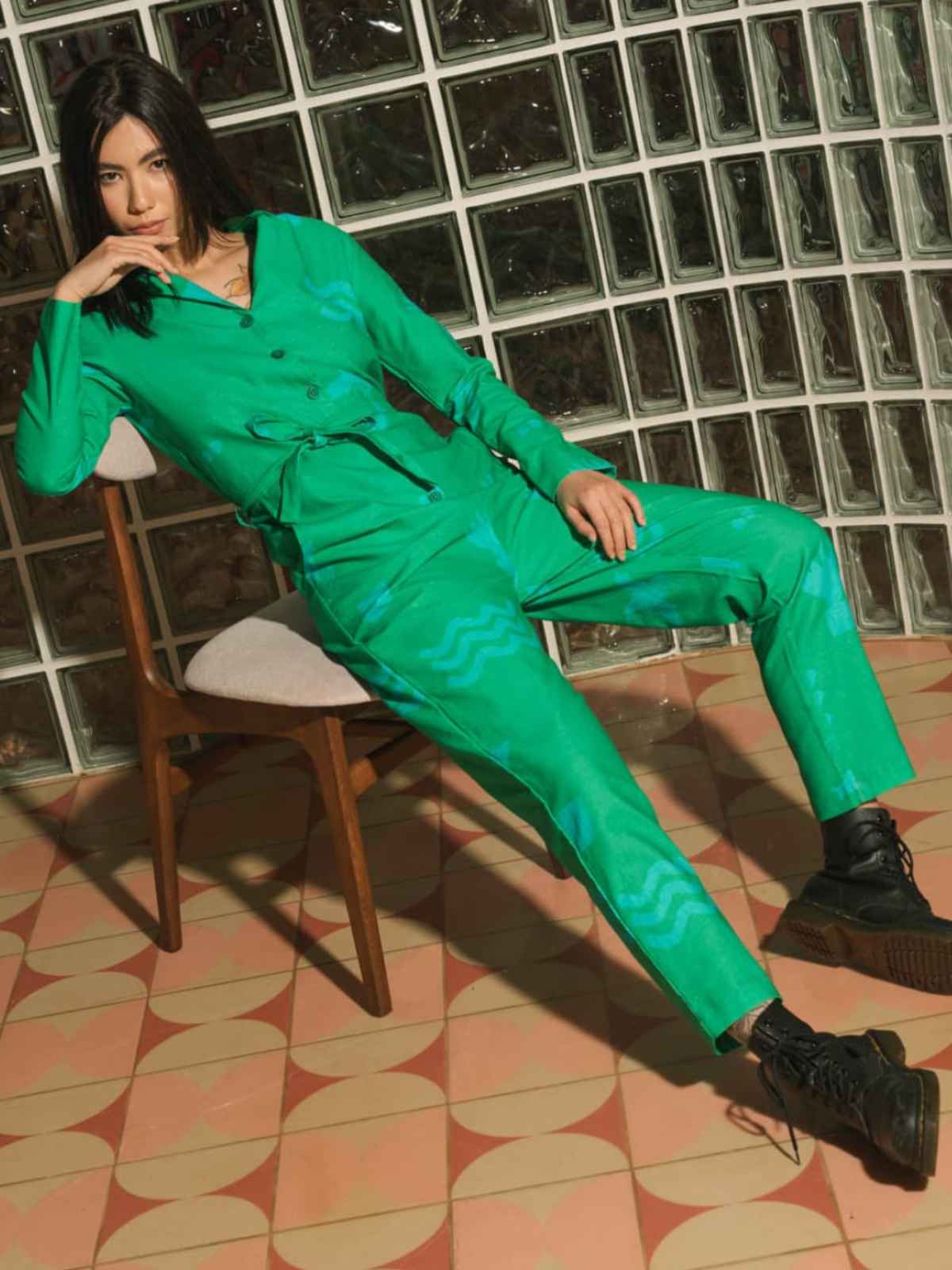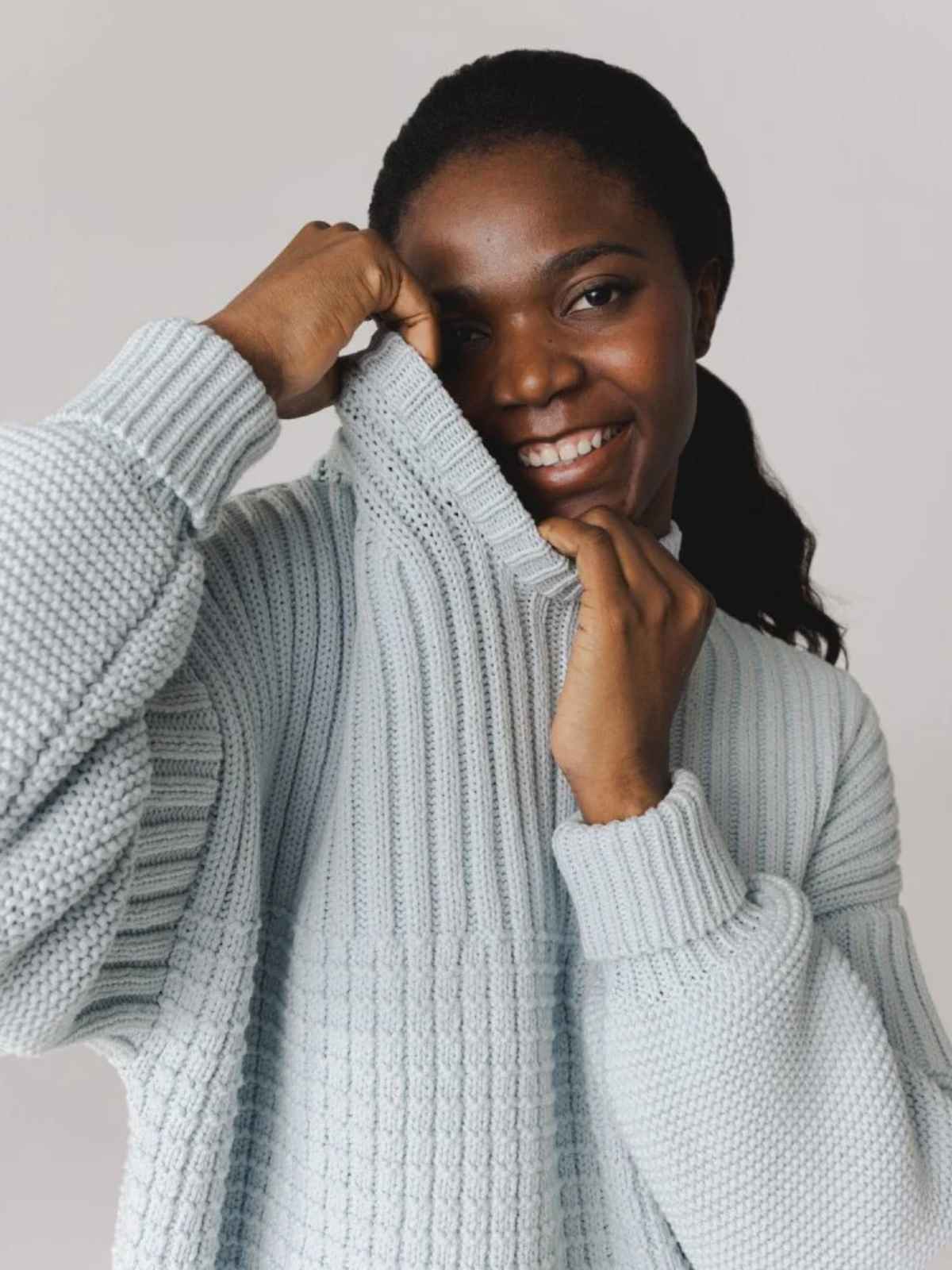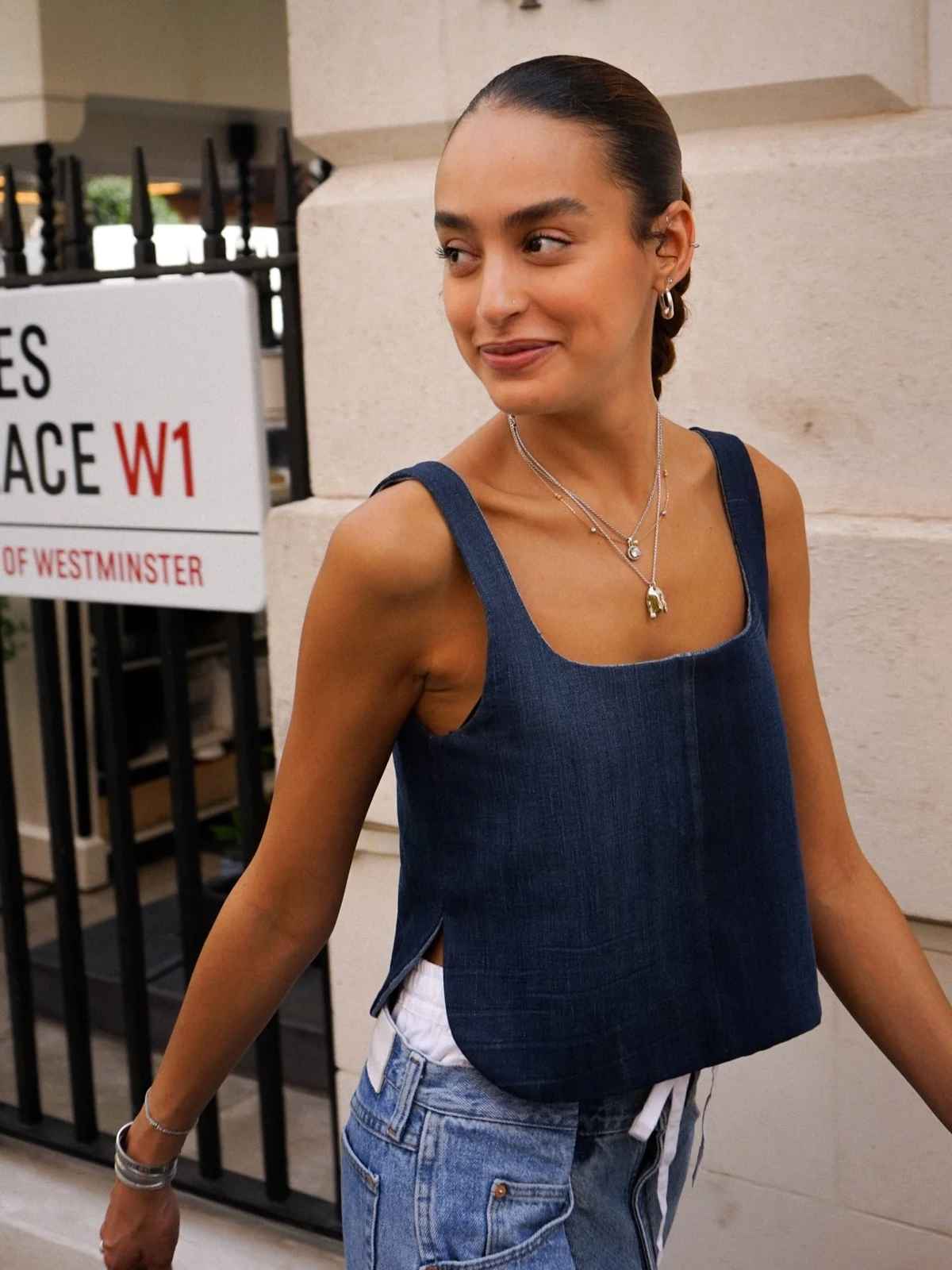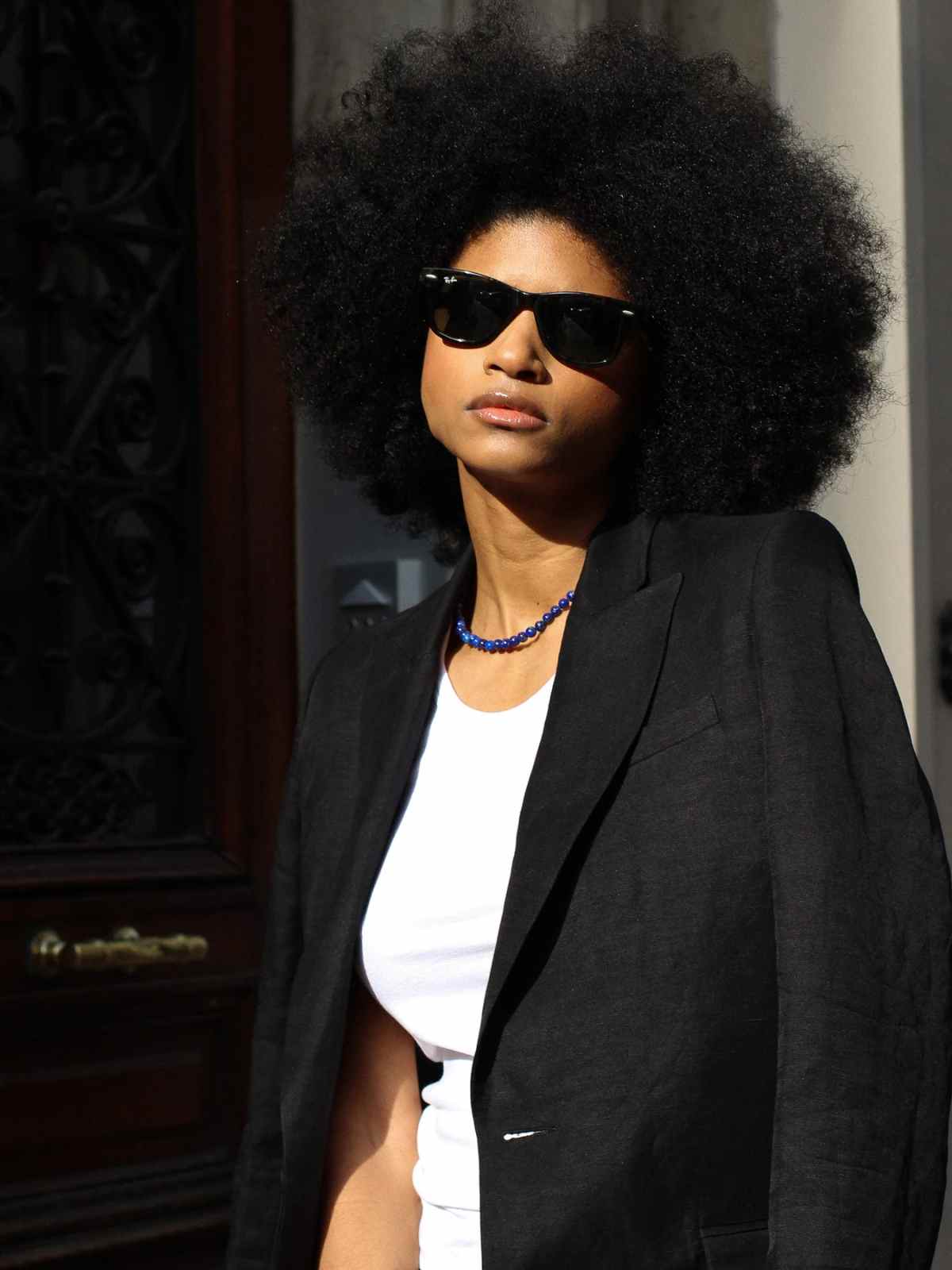Our editors curate highly rated brands that are first assessed by our rigorous ratings system. Buying through our links may earn us a commission—supporting the work we do. Learn more.
The modern fashion industry is built on racist and colonial systems that harm Black people across the globe. And that fact needs to be core to sustainability. Here we dive into issues of environmental racism embedded in how the industry operates and highlight the Black-owned brands that are paving the way forward with dazzling creativity and sustainability innovations.
Let’s talk about environmental racism in fashion
Before we celebrate the Black-owned brands leading the way with both creativity and sustainability, it’s important to understand the context: the modern fashion industry is built on racist and colonial systems, which harm Black people around the world.
Across the globe, Black communities and people of colour continue to deal with systemic oppression. Sometimes these racist systems don’t get called out as such. That’s why terms like “environmental racism” and “climate justice” more directly underscore fashion’s negative impacts on people as well as the planet—and how you can’t address the climate crisis without also tackling anti-Black racism.
As documented in our interview with activist Mikaela Loach, “Climate justice means that we can not only tackle climate collapse, but we can also create a better world for all of us that tackles white supremacy at the core, that tackles all these interconnected injustices at their core.”
“A lot of us feel like we’re in last resort territory,” Loach said, “and we need to take drastic action on these issues.”
This call to action encapsulates the intersectionality and importance of this work in society as a whole—and specifically within the fashion industry. With the rise of globalisation and growth of a global economy, supply chains became increasingly complex and international, shifting the growth of fibres, the manufacturing of textiles, and the construction of garments to areas with cheaper labour. Increased consumption via fast fashion and micro trends continues to fuel the production of inexpensive clothing, keeping prices down by outsourcing production to low and middle-income countries (LMICs) such as Guatemala, Bangladesh, and Mexico.
Additionally, textile waste is consistently outsourced to LMIC countries such as Ghana. ABC News highlights this and the way fast fashion brands have created a human and environmental catastrophe. The growing number of poor-quality clothes arriving at Kantamanto Market is a major driver of Ghana’s waste crisis.
“In Europe, the UK and Australia, America, they think [that in] Africa here, sorry to say, we are not like human beings,” Ghanaian clothing importer Emmanuel Ajaab told ABC News in 2021. Even if somebody knocked [on] your door [to beg], you cannot just … pick something from your dustbin. In this case… they’re doing this to us.”
From cradle to grave, the fashion industry continues to exploit Black people and people of colour broadly—from farmers who pick cotton to garment workers on the factory floor. Rooted in colonial oppression, modern slavery persists today—with the wellbeing of those who make our clothes an afterthought in the broader fashion industry’s supply chains. And that’s just the tip of the iceberg—lest we forget the impacts of the fashion industry on the planet and animals.
Forging new paths in sustainability
So, while much work remains to be done, luckily, there are Black-owned brands that are leading the way in both sustainability and creativity.
Below, you will find upcycled pieces by Sami Miro Vintage, whose designs have become some of the most celebrated streetwear in LA; lemlem, which is championing African artisanship; and beauty brand Carol’s Daughter, which has grown from a small, homemade haircare selection into one of the industry;s most-loved brands.
